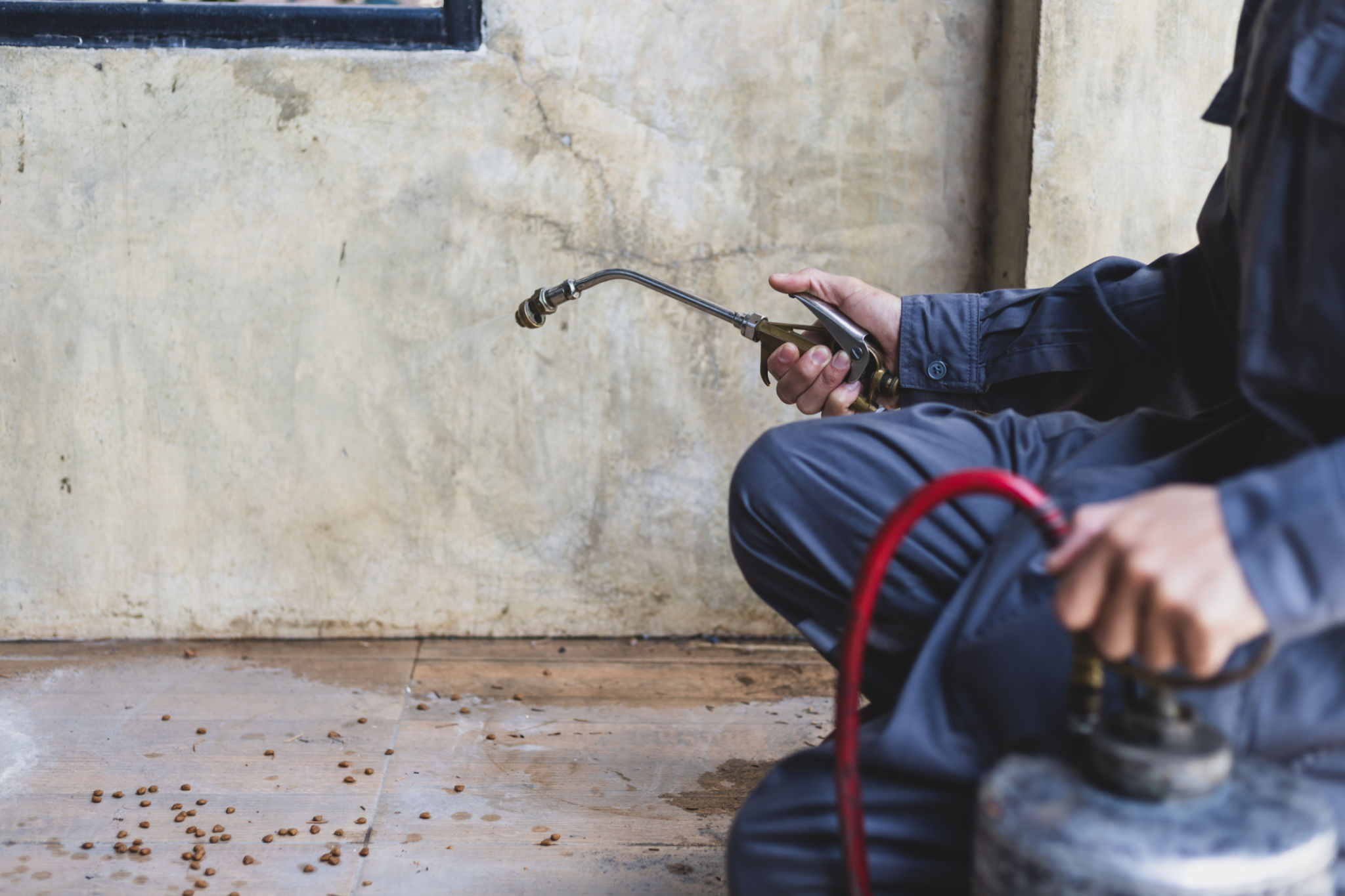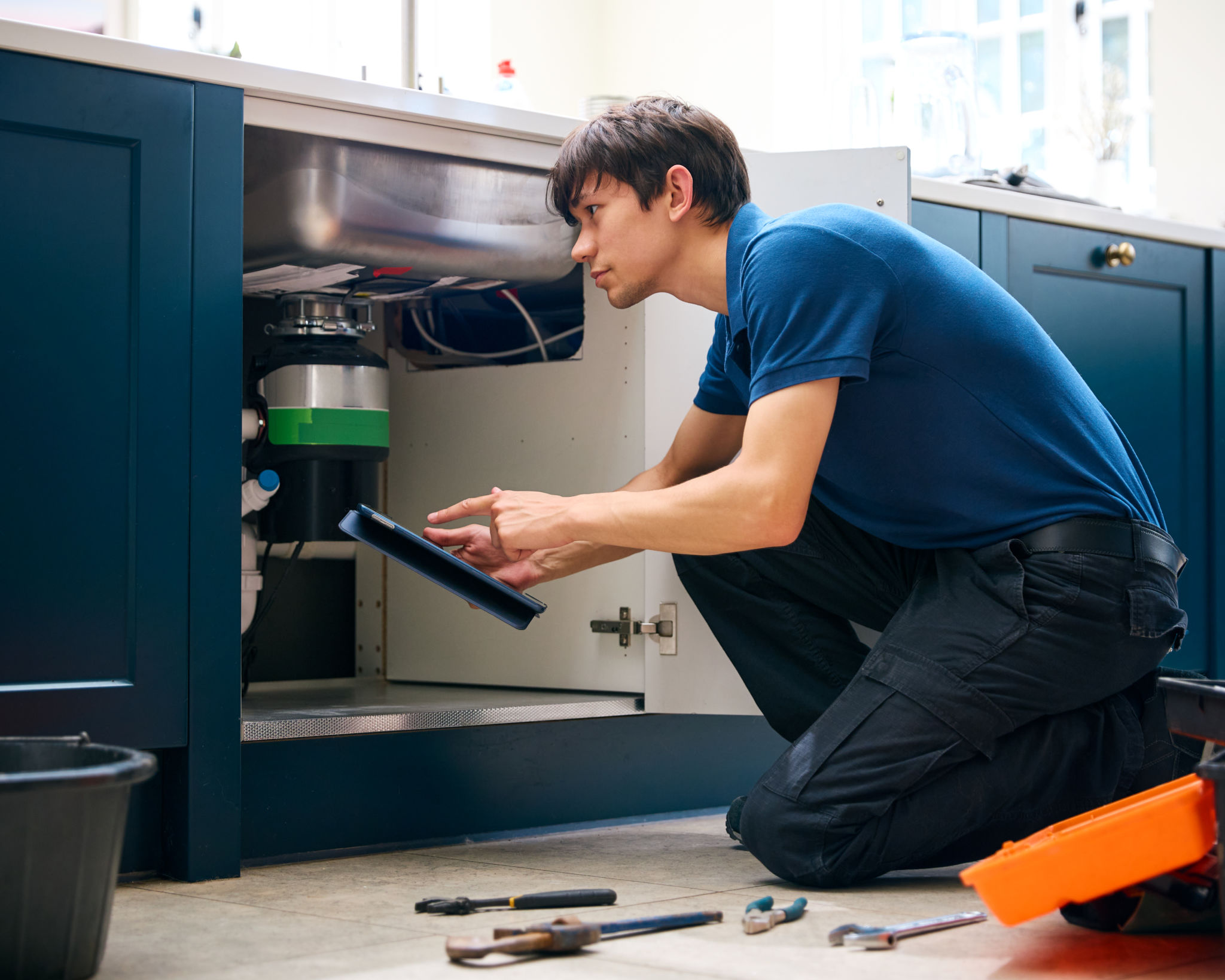How to Improve Restaurant Hygiene: Tips from Pest Control Experts
Understanding the Importance of Restaurant Hygiene
Maintaining impeccable hygiene standards in a restaurant is crucial for both the health and safety of customers and staff. Not only does it prevent foodborne illnesses, but it also enhances the overall dining experience. When patrons see cleanliness as a priority, they are more likely to return and recommend your establishment to others.
However, achieving high hygiene standards goes beyond regular cleaning. It involves a comprehensive approach that includes pest control, proper waste management, and staff training. Experts in pest control have invaluable insights that can help restaurants maintain an immaculate environment.

Conduct Regular Inspections
Frequency and Areas to Inspect
Regular inspections are a critical component of a successful hygiene strategy. Inspections should be conducted at least weekly to identify potential problem areas. Pay special attention to:
- Kitchen and food preparation areas
- Storage rooms and pantry
- Dining areas
- Restrooms
By frequently checking these areas, you can quickly address any issues before they escalate.
Working with Pest Control Professionals
Pest control experts recommend establishing a partnership with a professional pest control service. These experts can provide thorough inspections and customized solutions tailored to your restaurant's specific needs. They can also train staff on spotting early signs of pest infestations, ensuring prompt action is taken.

Implement Effective Waste Management Practices
Proper Waste Disposal
Efficient waste management is essential to maintaining hygiene. Ensure that waste bins are emptied frequently and kept clean. Use bins with tight-fitting lids to prevent odors and deter pests from entering the premises. Implementing a strict schedule for waste disposal can significantly reduce the risk of pest attraction.
Recycling and Composting
Consider setting up recycling and composting programs within your restaurant. Not only do these practices contribute to sustainability, but they also help reduce the amount of waste that can attract pests. Educate your staff on the proper segregation of recyclable and compostable materials to ensure effectiveness.

Train Staff on Hygiene Protocols
Comprehensive Training Programs
Staff training is a cornerstone of maintaining high hygiene standards. Implement comprehensive training programs that cover:
- Personal hygiene practices
- Proper cleaning and sanitizing techniques
- Pest identification and reporting procedures
Regular training sessions will reinforce the importance of these practices and ensure that all team members are knowledgeable about their roles in maintaining a clean environment.
Encouraging a Culture of Cleanliness
Create a culture of cleanliness by recognizing and rewarding staff who demonstrate exceptional commitment to hygiene protocols. When employees understand the significance of their contributions, they are more likely to uphold high standards consistently.
